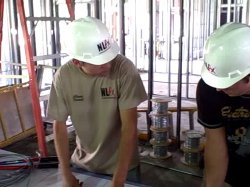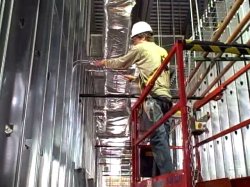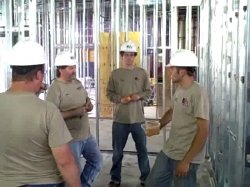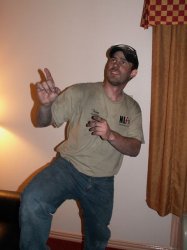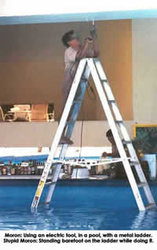You should always know your local codes. For example, for A/V equipment Texas has no licensing requirement. If I have to pull a permit I can get a special compensation for A/V equipment. But the minute I start running wire, conduit, putting in boxes, etc I subcontract to an electrical contractor, because at this point I don't want to be a licensed electrical installer. But know your local building codes!
Mike
Another excellent point! In Minnesota you are not allowed to "sub-contract" to do electrical work. You must be licensed, period. In fact, we have to register all of our employees with the State and they are issued cards that they must carry on the jobsite at all times.
Local codes are very important too, they supercede the NEC (NFPA National Electric Code). For example, we ran into a village in Illinois that would not allow the use of plastic j-boxes, even though they are UL listed and allowed by the NEC. The AHJ (Authority Having Jurisdiction) has the final word. Period.
Ben



 ). I don't carry any licenses in the state of MO but am looking into it. While I have completely wired many a house electrically, down the road I would most defintely sub contract all the electrical work ahead of the install. Like I said I don't have the time to get into this work big time but I really enjoy the small to medium sized stuff!
). I don't carry any licenses in the state of MO but am looking into it. While I have completely wired many a house electrically, down the road I would most defintely sub contract all the electrical work ahead of the install. Like I said I don't have the time to get into this work big time but I really enjoy the small to medium sized stuff! 
